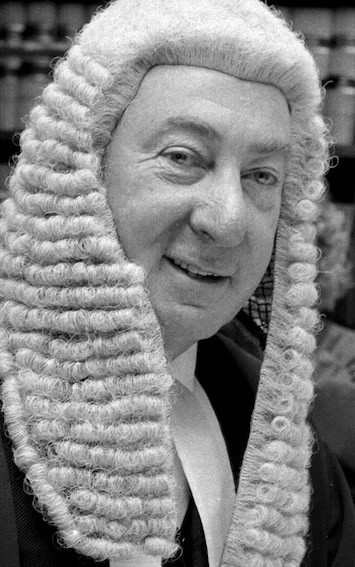Lionel Murphy was one of the most influential and controversial figures in the history of Australian law and politics. Born in Sydney in 1922, he grew up during a period of global instability and national change, which helped shape his outlook on justice and reform. His early education demonstrated both intellectual promise and a strong interest in science, but it was in law that he found his true calling. He studied at the University of Sydney, where he earned his law degree and began to develop a reputation as a forceful and articulate advocate.
Murphy’s legal career began in earnest at the New South Wales Bar. He quickly earned a reputation as a bold and principled barrister. He was unafraid to take on difficult causes and unpopular clients. His commitment to civil liberties and progressive reform became a defining feature of his work, both in court and in the broader public domain. Throughout the 1950s and 1960s, he remained deeply involved in legal and political discourse, pushing for systemic change and modernisation in a number of key areas.
His entry into politics came in the early 1960s when he joined the Australian Labor Party and was elected to the Senate. There, he rose quickly, becoming the party’s leading legal thinker. When Gough Whitlam formed government in 1972, Murphy was appointed Attorney General. In that role, he oversaw a wave of sweeping legal reforms. These included the establishment of no fault divorce, the creation of a modern family law system, and the introduction of human rights protections. He was also instrumental in the foundation of the Australian Legal Aid Office and the Family Court. His time as Attorney General was marked by intense political activity and a clear focus on ensuring that the law served people rather than entrenched power.
In 1975, Murphy was appointed to the High Court of Australia. His elevation was controversial, due in part to his political background and the rapid pace of his appointment. As a Justice, he brought his reformist instincts to the bench. His judgments were often characterised by a strong focus on individual rights and social justice. He rejected strict formalism in favour of what he viewed as a purposive and humane approach to interpreting the Constitution and legislation. This earned him both praise and criticism. Some saw him as a visionary moderniser, while others viewed his approach as too radical for the nation’s highest court.
Murphy’s judicial career was overshadowed in its final years by allegations of misconduct. In the mid 1980s, he was accused of attempting to influence court proceedings. A series of inquiries and trials followed. Though he was convicted in one trial, the conviction was later overturned. He returned briefly to the bench, but his health was declining. In 1986, Lionel Murphy died from cancer at the age of 64. His legacy remains contested but undeniably significant. He reshaped key parts of Australian law and left an enduring mark on the role of law in society.

No Responses